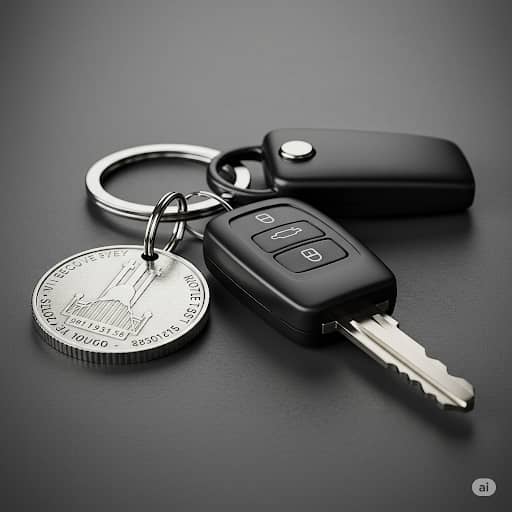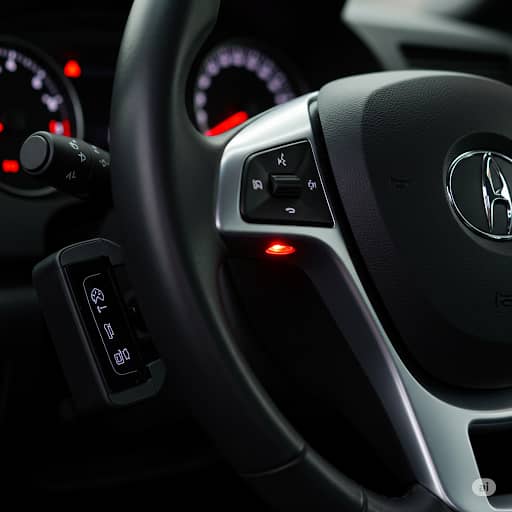A DUI conviction dramatically changes your auto insurance options. Learn how to navigate high-risk policies, reduce premiums over time, and rebuild your driving record. The night my neighbor got his DUI, he thought the worst was over after paying the fine and serving his license suspension. Then the real shock came – his insurance company dropped him like a hot potato, and the quotes he got from other providers might as well have been for insuring a Lamborghini. “I make $18 an hour,” he told me, shaking his head. “They want $450 a month just to legally drive my 2008 Corolla.”
Why Insurers Treat DUIs Differently
Insurance companies see drunk driving convictions as flashing red warning signs. Unlike speeding tickets or fender benders that suggest momentary lapses, a DUI tells insurers you made a series of deliberate decisions that dramatically increased risk. Actuaries have crunched the numbers, drivers with one DUI are statistically three times more likely to be involved in a fatal crash compared to those with clean records.
What most people don’t realize is that insurers aren’t just punishing past behavior, they’re pricing for future risk. That’s why even after completing all court requirements, you’ll likely face higher premiums for years. I’ve seen clients pay more for insurance than their car payments, trapped in a financial hole that makes rebuilding difficult.
The SR-22 Surprise
Nearly every state requires an SR-22 form after a DUI, it is essentially a special certificate proving you carry insurance. But here’s what no one tells you upfront: not all insurers offer them, and those that do often charge astronomical rates. A client of mine learned this the hard way when his provider refused to file the SR-22, forcing him to scramble for new coverage while his reinstatement deadline loomed.
The SR-22 period typically lasts three years, but the financial impact can linger much longer. I’ve reviewed cases where drivers paid elevated rates for five to seven years post-conviction. The system essentially resets your driving history, no matter if you had fifteen accident-free years before your DUI.
Finding Affordable Coverage
While options shrink after a DUI, they don’t disappear entirely. Smaller, specialty insurers often work with high-risk drivers when big companies won’t. I helped one restaurant manager reduce his premiums by 35% by switching to a regional carrier that considered his completion of alcohol education courses.
Usage-based insurance can also help. Telematics programs that monitor your actual driving habits give insurers concrete data to offset their statistical assumptions. One client lowered his rates by 20% after six months of safe driving verified by his insurance company’s app.
Rebuilding Your Record
The most important thing to understand is that time heals all wounds eventually. Most insurers will reevaluate your risk level after three to five clean years. I’ve watched clients transition back to standard policies by:
Maintaining a perfect driving record, Completing defensive driving courses and Building continuous insurance history without lapses
One contractor I worked with celebrated five years sober by framing his first “normal” insurance quote alongside his recovery chips. The premium was still higher than pre-DUI, but finally within reach.
The Hidden Costs Beyond Premiums

The financial ripple effects of a DUI extend far beyond monthly payments. Many insurers require high-risk drivers to pay six months or a full year upfront. Some mandate higher deductibles. And if you need to finance a car, expect significantly higher interest rates from lenders.
A young father I counseled learned this the hard way when he needed a reliable vehicle for his new job. Between the required full-year insurance payment and the subprime auto loan terms, his $15,000 used car ended up costing nearly $30,000 over the loan term.
References
Experian. (2025, February 7). How to get car insurance after DUI.
Kraut Law Group. (2025, March 14). DUI and insurance rates. https://www.losangelescriminallawyer.pro/dui-and-insurance-rates.html
JD Law. (2022, August 24). How does a DUI affect car insurance rates

